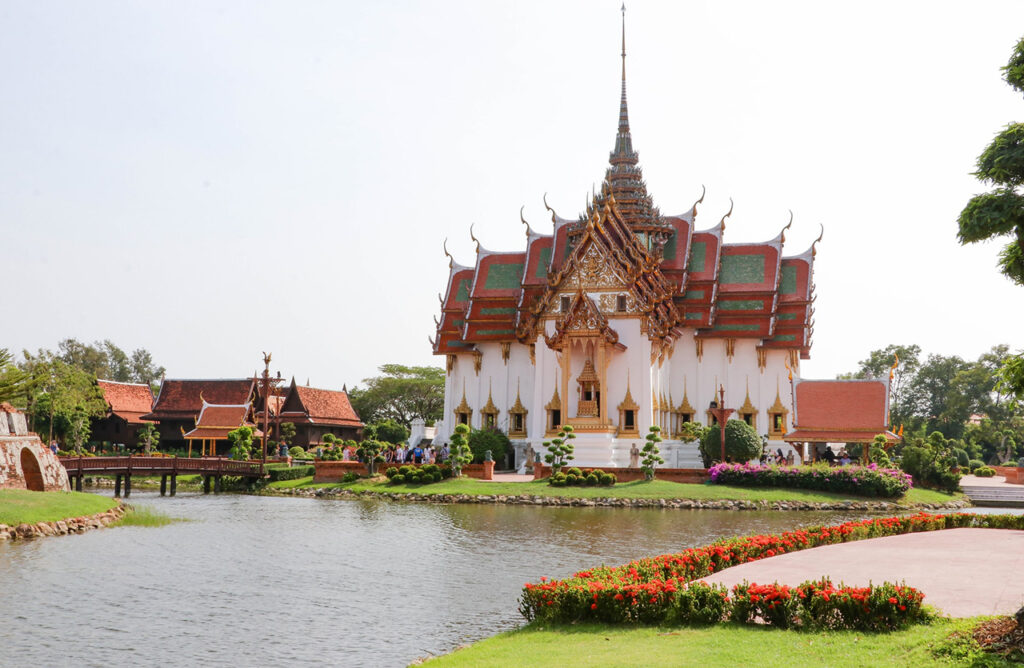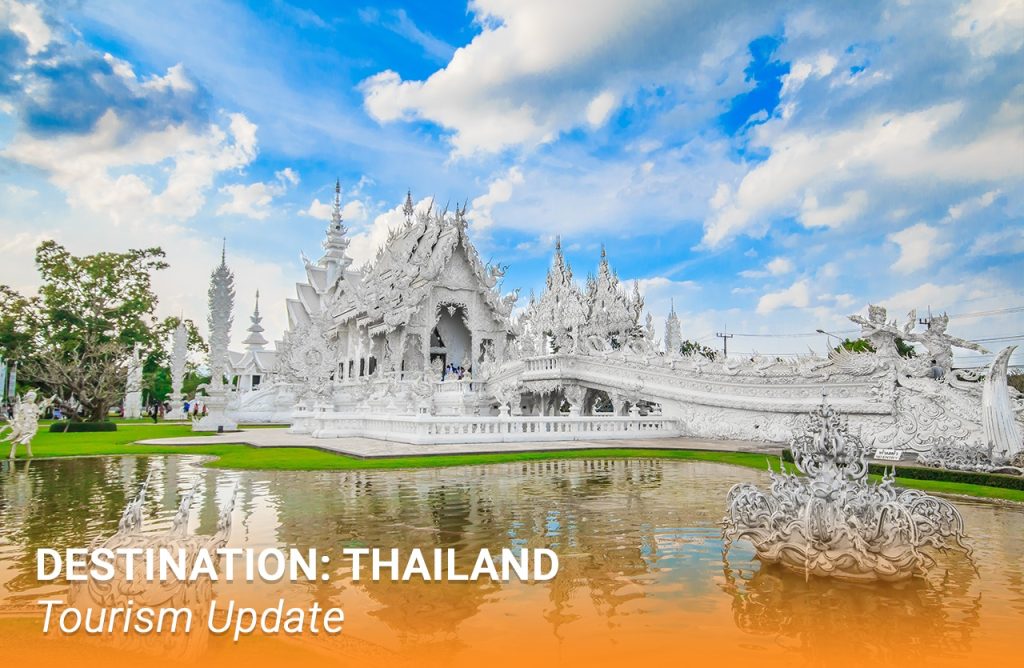
Tourism Authority of Thailand (TAT) has confirmed what the New Normal era will look like in the Land of Smiles. During a special event held in Australia in April, key officials outlined the products, source markets and developments expected to feature in their new campaign, which seeks to open a new chapter in the story of Thai tourism.
Co-organised by Luxperience Australia and TAT, the event was hosted in Sydney and featured an in-depth interview between Travel Daily and Tanes Petsuwan, TAT’s deputy governor for international marketing in the Asia-Pacific region (APAC). Petsuwan was touring Australia to promote the Amazing Thailand, Amazing New Chapters campaign.
“Things won’t be the same as before COVID-19, as the world has changed,” explained Petsuwan, who believes different can be better. According to TAT’s deputy governor, a particular area of focus will be greener and more sustainable travel, as Thailand aims to avoid over-tourism and focus more on responsible practices.
“I think the lesson learned from COVID-19 is that we must align ourselves with nature and avoid a negative impact on the environment,” explained the deputy governor. “Smaller groups are emerging, health, safety and sustainability are now reflected by new consumer behaviour,” he added.
In terms of source markets, TAT are keeping their options open and hedging their bets. “We’ve been trying to mix the market and manage the risk,” explains Petsuwan. “The Indian market is growing well, Australians, Malaysia also, and we have the bubble agreement with Singapore,” he added. Of the 40 million visitors expected to come to Thailand, TAT predicts around 65% will come from the short-haul market.
When asked about emerging trends in Thailand’s tourism landscape, Petsuwan also pointed to the increasing popularity of remote working trips for digital nomads, highlighting Bangkok and Chiang Mai as especially popular destinations for this new breed of digital traveller in the New Normal era.
Another positive impact of the pandemic on Thailand’s tourism landscape has been the migration of skills and knowledge beyond the big cities into more rural areas. An estimated 7 million people, many of whom worked in the hospitality industry, returned home to their villages during the pandemic, taking their skills, creativity and business acumen with them.
According to Petsuwan, this has resulted in a visible improvement in services. “If you visit Chiang Mai now, I can guarantee you will find many coffee shops with beautiful designs,” he said during the Sydney interview sessions. “Northern Thailand produces excellent coffee, and there are more local baristas,” he added.
With new trends emerging and tourism returning to full health following the restrictions of the pandemic era, a new chapter in the long history of Thai tourism is about to begin. TAT, along with the many tourism players who have eagerly waited for this day to arrive, are ready to turn the page.





